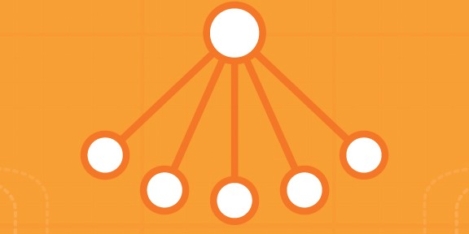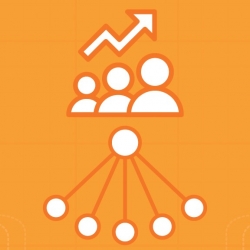To provide the best experiences, we use technologies like cookies to store and/or access device information. Consenting to these technologies will allow us to process data such as browsing behaviour or unique IDs on this site. Not consenting or withdrawing consent, may adversely affect certain features and functions.
The technical storage or access is strictly necessary for the legitimate purpose of enabling the use of a specific service explicitly requested by the subscriber or user, or for the sole purpose of carrying out the transmission of a communication over an electronic communications network.
The technical storage or access is necessary for the legitimate purpose of storing preferences that are not requested by the subscriber or user.
The technical storage or access that is used exclusively for statistical purposes.
The technical storage or access that is used exclusively for anonymous statistical purposes. Without a subpoena, voluntary compliance on the part of your Internet Service Provider, or additional records from a third party, information stored or retrieved for this purpose alone cannot usually be used to identify you.
The technical storage or access is required to create user profiles to send advertising, or to track the user on a website or across several websites for similar marketing purposes.
 WorldGBC has announced an update to the Net Zero Carbon Buildings Commitment (the Commitment), expanding its scope to recognise enhanced leadership action in tackling embodied carbon emissions from the building and construction sector. (more…)
WorldGBC has announced an update to the Net Zero Carbon Buildings Commitment (the Commitment), expanding its scope to recognise enhanced leadership action in tackling embodied carbon emissions from the building and construction sector. (more…)





 While lower occupancy has reduced the carbon footprint of many commercial office buildings amid the pandemic, higher CO2 emissions from hybrid working significantly outstrips these declines, according to data analysed by
While lower occupancy has reduced the carbon footprint of many commercial office buildings amid the pandemic, higher CO2 emissions from hybrid working significantly outstrips these declines, according to data analysed by 
 Following the sobering message from the
Following the sobering message from the 
 The
The 
 The UK Green Building Council (UKGBC) has responded to the Intergovernmental Panel on Climate Change’s (IPCC) Sixth Assessment Report, referring to it as a massive wake-up call. At the end of last year, the organisation set out
The UK Green Building Council (UKGBC) has responded to the Intergovernmental Panel on Climate Change’s (IPCC) Sixth Assessment Report, referring to it as a massive wake-up call. At the end of last year, the organisation set out 
 A new report from the
A new report from the 
 One of the least talked about potential casualties of the recent lockdowns is the printed page. In a sign that the arrival of the paperless office may have been accelerated, total worldwide page volumes printed from office and home devices plummeted nearly 14 percent year in 2020 after several years of stable but slow decline. According to the research from
One of the least talked about potential casualties of the recent lockdowns is the printed page. In a sign that the arrival of the paperless office may have been accelerated, total worldwide page volumes printed from office and home devices plummeted nearly 14 percent year in 2020 after several years of stable but slow decline. According to the research from 
 The removal of most Covid restrictions in the UK has increased calls for clearer practical guidance and the setting of specific indoor air quality (IAQ) contaminant targets to support the health and wellbeing of building occupants. The Building Engineering Services Association (BESA) has, therefore, produced a concise guide to good practice:
The removal of most Covid restrictions in the UK has increased calls for clearer practical guidance and the setting of specific indoor air quality (IAQ) contaminant targets to support the health and wellbeing of building occupants. The Building Engineering Services Association (BESA) has, therefore, produced a concise guide to good practice: 
 Many governments are increasingly approaching artificial intelligence with an almost religious zeal. By 2018 at least
Many governments are increasingly approaching artificial intelligence with an almost religious zeal. By 2018 at least 
 Paradoxically, more in-person work environments and the concentration of jobs in cities could be a medium- to long-term impact of the pandemic’s shift to remote working, suggests
Paradoxically, more in-person work environments and the concentration of jobs in cities could be a medium- to long-term impact of the pandemic’s shift to remote working, suggests 







August 5, 2021
We need to take a long term view on workplace sustainability
by Guenaelle Watson • Comment, Environment